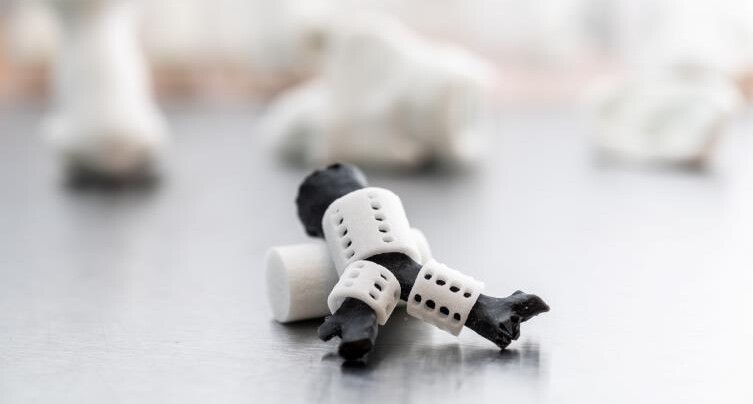Children with Rare Birth Defect Breathe Easier Thanks to Georgia Tech Innovation
2 min read
At Georgia Tech, an extraordinary piece of biotechnology has brought relief to children suffering from a rare birth defect of the windpipe. In collaboration with Children’s Healthcare of Atlanta, researchers have developed a 3D-printed tracheal splint, which has significantly improved the life of 4-year-old Justice Altidore, allowing him to enjoy preschool like any other child.
Tracheomalacia (TM), the most common inherited birth defect of the windpipe, affects about 1 in 2,100 children, according to the Cleveland Clinic. TM occurs when the cartilage in the trachea is weak or floppy, causing the windpipe’s walls to collapse and restrict breathing. Traditional treatments often involve prolonged periods of labored breathing and dependence on ventilators.
The innovative splints from Georgia Tech are made of bioabsorbable material, which holds the trachea in place similar to how a splint supports a bone. Over time, the cartilage develops strength, and the splints are absorbed by the body.
Dr. Kevin Maher, a pediatric cardiologist, and Dr. Steven Goudy, a pediatric otolaryngologist, oversaw the treatment of Justice and three other children who received custom tracheal splints as part of an FDA-approved expanded access trial. All four children have shown significant improvements in their ability to breathe, indicating a promising new approach to treating TM.
This is not the first instance of 3D printing aiding in tracheal recovery. In March, a biotech company reported the first successful transplant of a bio-3D-printed windpipe into a human. Nasal stem cells and cartilage cells from other patients were combined with polycaprolactone (PCL) for structural support, along with a special ink made from living cells, to create the trachea. The procedure was performed at St. Mary’s Hospital in Seoul on a woman in her 50s who lost part of her trachea during thyroid surgery. This groundbreaking 3D printer was developed by T&R Biofab, following over a decade of research and testing.
The successful implementation of the 3D-printed tracheal splint at Georgia Tech marks a significant advancement in medical technology, offering new hope to children with TM and their families.







